Children's Issues News
[news_5]
Featured Children's Issues Organizations
[organizations_5]
[facts_5]
Resources, Publications, & Articles
[publication_5]
[facts_5]
The Upstanders explores all sides of bullying, from the brain science to how it plays out from subtle scenarios to full blown bullying. Social media’s power means that bully behavior is now a 24/7 phenomenon, where even changing schools, jobs and phone numbers, or deleting accounts cannot stop the cycle. Covid has increased the incidence of cyber-bullying by 70%. The Upstanders film program shares safe proven strategies and is rooted in character building. It inspires kindness, honesty, respect, empathy, trust and connection.
Where to Watch: Impactful.co
Where to Listen: Spotify
Where to Listen: Playerfm

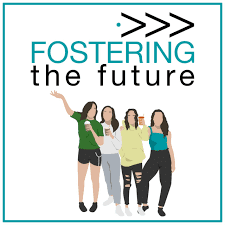
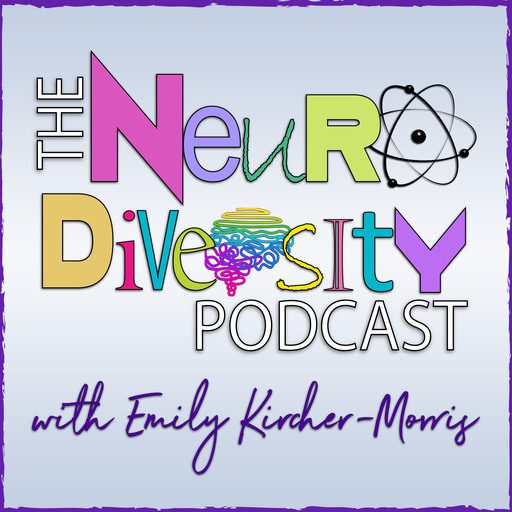
Upcoming Events
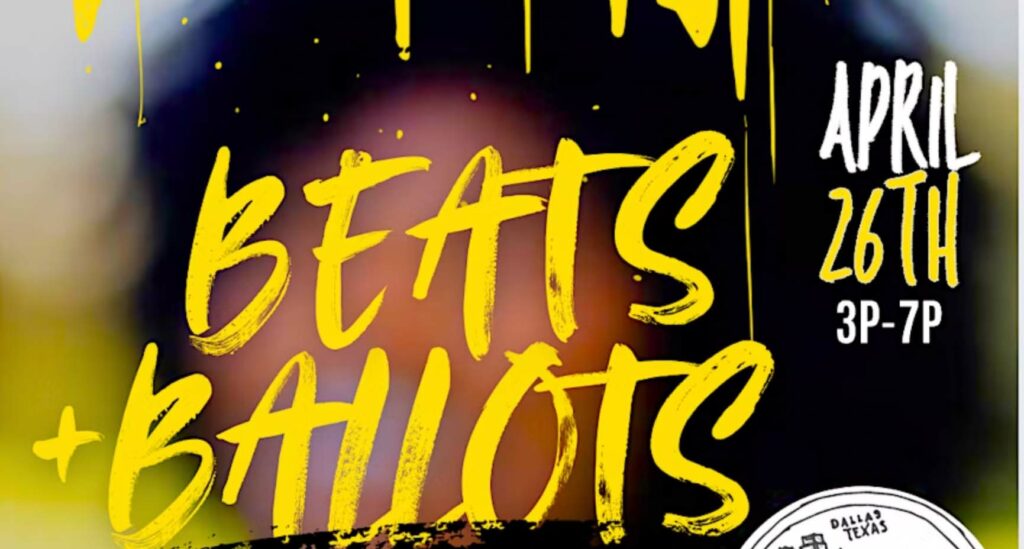
Beats + Ballots
Beats & Ballots is a dynamic community event that combines music, culture, and civic engagement. This event provides a platform for young people to come together, celebrate local talent, and engage in discussions around the importance of voting and participating in the democratic process. Attendees can enjoy live performances, learn about voter rights, and take…

Opal’s Walk for Freedom
On Thursday, June 19th, Dr. Opal Lee will complete her annual 2.5-mile walk to recognize the 2.5 years it took for the news and enforcement of freedom to reach the enslaved people in Texas. Now a national holiday, Juneteenth celebrates the freedom gained when slavery was abolished all across the country. Unity Unlimited and Ms.…
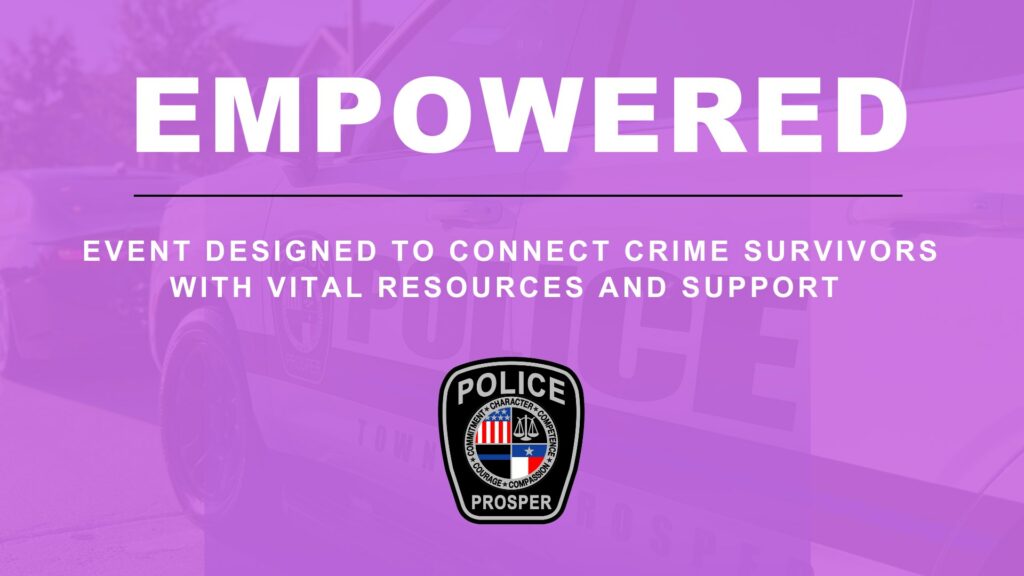
Empowered – A Day of Healing and Resources
Empowered is an event designed to connect crime survivors with vital resources and support their healing journey. Hosted by the Collin County Crime Victims Council in partnership with the Plano Police Victim Services Unit, this event aims to empower survivors and help them thrive. Enjoy food from the CUTX Food Truck (3:30 PM – 5:00…

A Social Justice Impact Celebration
Join LoveJustice for an unforgettable evening at the LoveJustice Social Justice Impact Celebration, a prestigious awards dinner dedicated to honoring North Texas’ changemakers and advancing social justice efforts.

Actress and activist Diane Guerrero to speak at CU Boulder April 10
The Cultural Events Board (CEB) is proud to welcome Diane Guerrero—acclaimed actress, author and activist—as this year’s keynote speaker. Guerrero, best known for her roles in “Orange is the New Black” and “Doom Patrol,” has become a leading voice in the national conversation on immigration and social justice. Guerrero will speak at CU Boulder this…
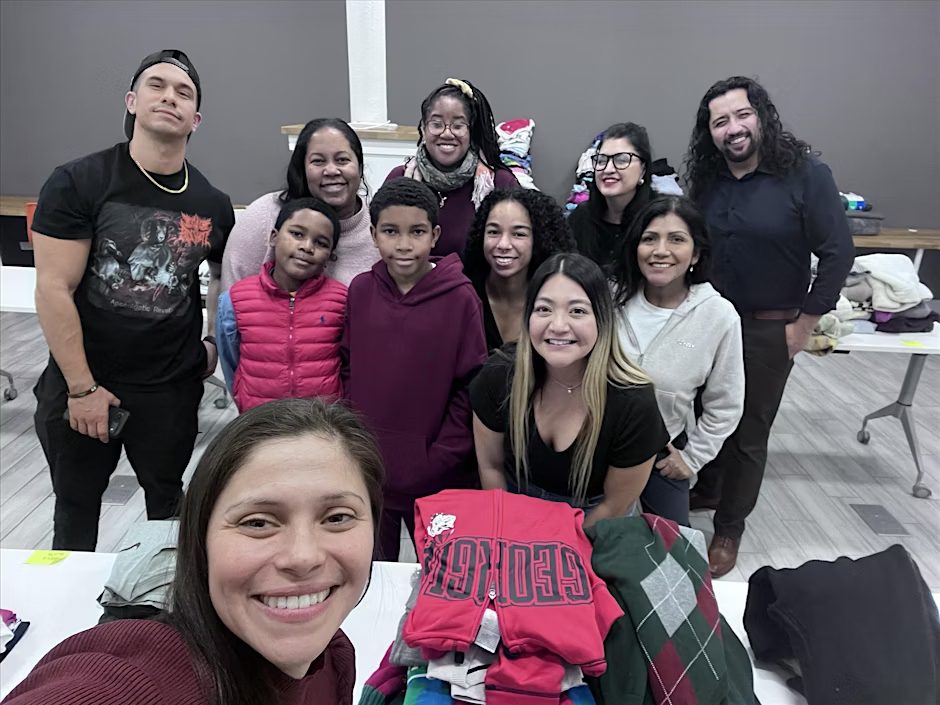
Chicago Homeless Outreach Packing Day Every 3rd Friday of the Month
Assemble essential care packages for individuals experiencing homelessness. During this event, volunteers will work together to pack bags filled with toiletries, blankets, socks, hygiene products, and other necessary goods. These packages will then be distributed to our friends on the street the following day. No prior experience is needed; bring friends/family, supplies to donate, and…

Volunteer to Write Easter Cards 4 Prisoners
Write Easter cards for prisoners in collaboration with Kolbe House Prison Ministry at St. Michael in Old Town and spread love and hope to those who may need it most during this holiday season. No artistic skills required.
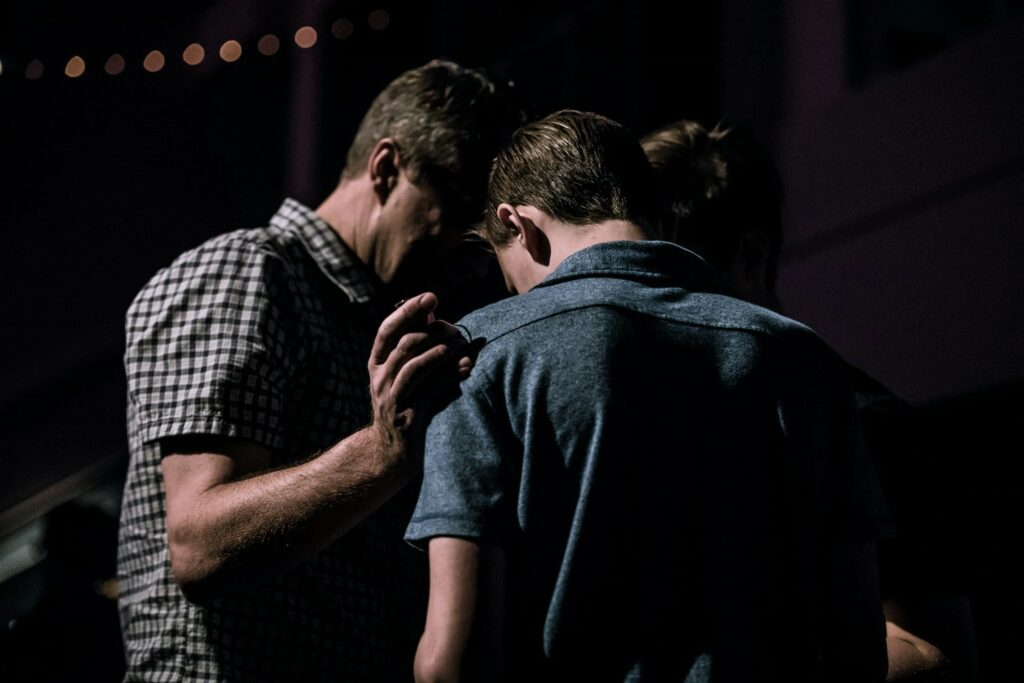
LoveJustice Day of Learning for 2025
Join the LoveJustice community for our first Day of Learning in 2025. During this virtual gathering, we will come into greater understanding of how we can support those experiencing a mental health or substance use challenge.
[social_causes_5]

